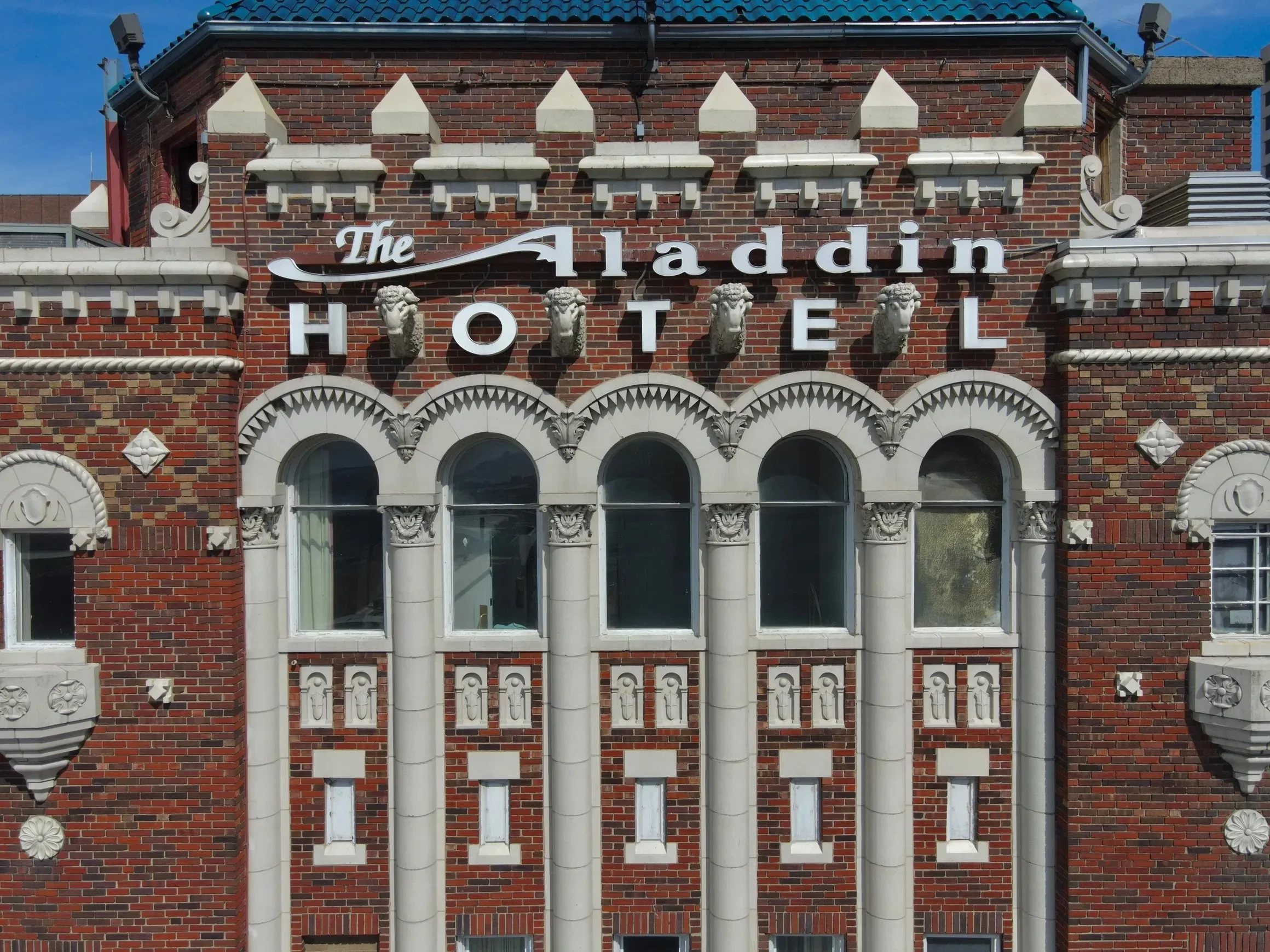Virgin Mobile USA’s new Downtown Kansas City headquarters is taking shape, with 42 employees hired and the buildout of its 11,000-square-foot office at One Kansas City Place fast-tracked for completion by this summer.
The British, no-contract mobile provider was purchased by Sprint in 2009 for almost $500 million and is in the process of consolidating its coastal offices into a US headquarters closer to its parent company. But Virgin Mobile is taking pains to ensure it keeps a separate brand and identity.
“We often say that Virgin Mobile has been a mobile phone company that happens to be called Virgin, but now we are going to be a Virgin company that just happens to sell mobile phones,” said Justin Scott, Virgin Mobile communications director. “We are really in touch with everyone in London as we set our culture and develop this office and brand. It was very important to be downtown in an entrepreneurial space surrounded by an innovative and creative culture.”
Virgin Mobile hired architecture and design firm Gastinger-Walker to transform a former law office into a collaborative, brand-specific, open work space on the 24th floor of Missouri's tallest skyscraper. Dark wood paneling and a long hallway of 12-by-12 offices are being replaced by glass walls, exposed ceilings, and table-style work stations.
“When you get off elevator right now, it feels like a bank or law firm from the 80’s with a lot of hunter green tile and dark wood,” Scott said. “When the office is finished, you will immediately see our entrance with a bright red arch and the Virgin logo and amazing views of Kansas City. To complete the theme, we've even ordered a red, London-style phone booth that will stand in our marketing area."
Beyond the entrance, a large, glassed-in conference room will anchor the headquarters, flanked by open seating work spaces, all with views for miles and miles. The east side will include eight-person work stations for the operations and Web teams, collaborative area with a work table, presentation screen, magnetic walls and marker board, all with decorative red accents. Nearby are the office’s only enclosed spaces, including a wellness room for breastfeeding moms or employees needing to nurse a headache-- along with conference rooms for private conference calls or conversations.
The office’s west side will be home to Virgin Mobile's marketing team, as well as its kitchen and community gathering space. Featuring a countertop with barstool seating overlooking Kansas City’s West Bottoms and the Kauffman Center for the Performing Arts, employees can pull up a barstool and have lunch or a quick coffee break at the counter. A butcher block-style island will double as a place to sit and have lunch or as a buffet area for events and gatherings. The space will include a flat-screen TV for entertainment, presentations or to catch a sporting event.
“It’s just a great space. Virgin Mobile has a history with music, so we might host some small acoustic shows up here. And-- let’s say the Royals are playing or we are in the middle of March Madness, people can grab their laptops and watch the games while being productive.”
Virgin Mobile is hoping to be in its new office by summer; until then, dozens of employees are working from a temporary space on One Kansas City Place’s 8th floor. With notes and plans jotted onto white boards and the walls, the makeshift office has a decidedly upbeat, entrepreneurial vibe, which Scott says weaves well into the Virgin Mobile culture.
Many of the new hires are from other industries and companies, including AMC Entertainment, Cerner, Garmin, H&R Block, Netsmart and even Chick-fil-A. Employees have relocated to Kansas City from Denver, St. Louis, Seattle, Toronto, and as far away as Manchester, England and India.
“None of our employees worked downtown prior to selecting our new location and they represent a diverse team of experts in their fields — most from outside the telecommunications industry, which was intentional,” said Dow Draper, Virgin Mobile CEO. “We’re looking for pattern breakers and smart disruptors with restless start-up energy and ideas that will add real value to people’s lives through mobile products and services.”
Since July of 2016, Virgin Mobile has added 42 new employees and is on its way to hiring up to a total of 50 by the end of the year. Broader hiring plans call for a local workforce of 85-100 over the next five years as required by its $1.87 million incentives package offered through the Missouri Works program.
Positions at Virgin Mobile include a variety of customer service, mobile technology, digital marketing, branding, operations, logistics, finance, IT and engineering opportunities.





